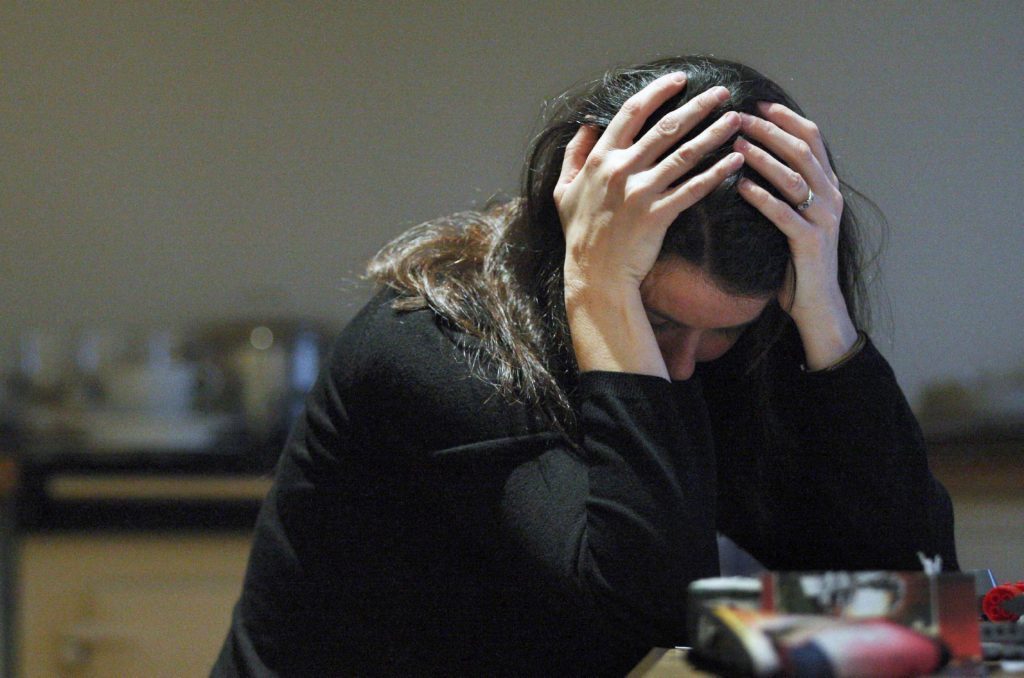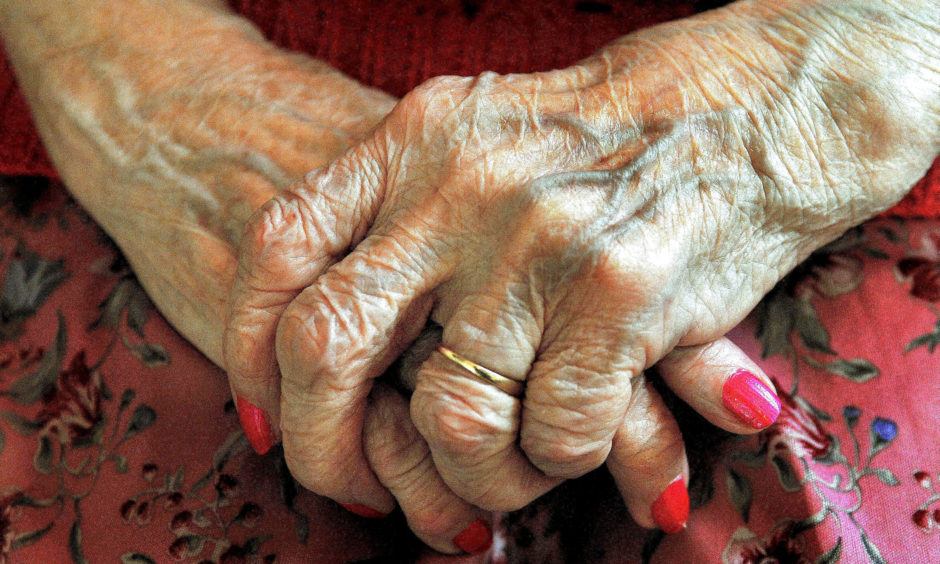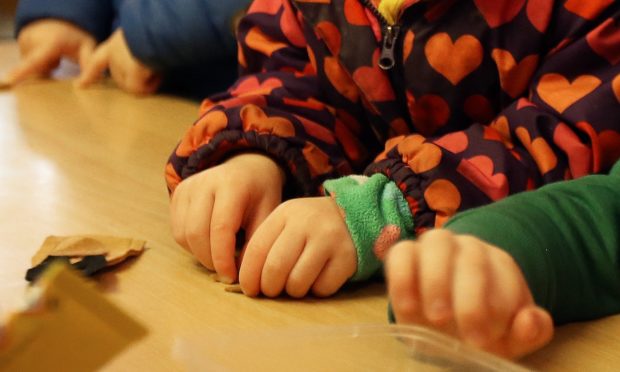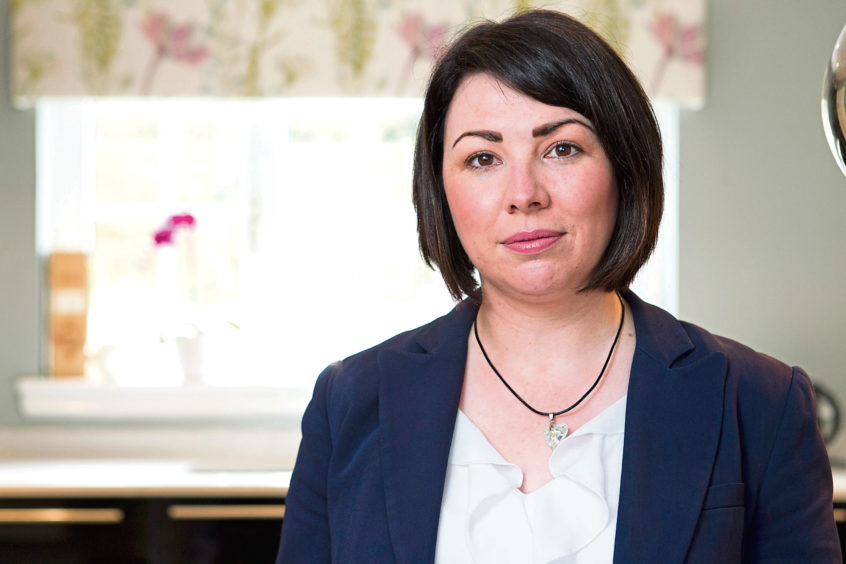An alliance of leading children’s services providers has warned of the “perfect storm” of a mental health crisis coupled with cuts to services during the Covid-19 pandemic.
The Scottish Children’s Services Coalition (SCSC) urged the Scottish Government to invest further in mental health as it warned of an “overwhelming demand” on services.
The call comes as latest waiting time figures from Public Health Scotland, covering the period from January to March this year, show fewer than two-thirds of children and young people accessing specialist child and adolescent mental health services (CAMHS) were treated within the Scottish Government’s 18-week target.
The number of children waiting more than a year for mental health services rose by almost 300 to the end of March, with 876 young people waiting more than 12 months for help, compared to 589 at the end of December.
The pandemic has put the mental health and wellbeing of the nation at risk.”
Scottish Labour health spokeswoman Monica Lennon
Almost every health board in Scotland failed to meet the 18-week waiting time target, with every single regional area on the mainland falling short of the 90% threshold for patients being treated within the timescale.
Of those accessing CAMHS in Tayside, just 65% were treating within the 18-week target, 76% for NHS Fife, 84.8% for NHS Highland and 86% for NHS Grampian.
NHS boards representing the islands, which are combined to avoid identifying those seeking treatment, boasted the best record, at 95.9%.
The coalition said there had been a fall in the number of children being referred for specialist help during lockdown, which it warned could have a “devastating impact” on their mental health in the months and years to come.
It said an absence of support from teachers and other care professionals could result in early warning signs being missed and lead to a surge in demand for services after the lockdown ends.

In a statement, the SCSC said: “While referrals have dropped during lockdown and children are not accessing support, we are storing up immense problems for the future as these same under-pressure services face being overwhelmed due to a greatly increased demand.
“Children are not currently getting access to social services and are not going to school or reporting their experiences. Taking them to see the GP may currently be considered low priority.
“It is important to stress that these services are still available and the Scottish Government must look to support these young people as we come out of lockdown by investing significantly in services.”
Scottish Labour health spokeswoman Monica Lennon said the figures underline the need for an NHS recovery plan on the other side of the lockdown.
She said: “The pandemic has put the mental health and wellbeing of the nation at risk and we know that young people face particular challenges. Long waiting times were a persistent challenge before Covid-19 turned our way of life upside down.
“Scottish Labour is committed to supporting the national effort to restore and strengthen our NHS, and that’s why we are urging the Scottish Government to work with all opposition parties to put the health of the nation first.”
The latest figures also reveal 10.1% of all individuals currently on the waiting list to access mental health services have been there for more than 53 weeks – the equivalent of 2,787 people.
A drop in referrals of more than 10% was also seen during the early stages of the Covid-19 lockdown, according to the report.

It comes as research from Asthma UK and British Lung Foundation found more than a third of people shielding with a respiratory condition would be concerned for their mental health if the shielding period were extended.
Speaking at her daily briefing on Tuesday, First Minister Nicola Sturgeon said she recognises the need for continued funding of mental health services.
She said she expects a “backlog” after the lockdown is lifted and it is “self-evident” the impact of the virus will see an increase in demand for support going forward.
Ms Sturgeon added: “We announced additional funding to recognise the additional demand that would be there for mental health services during a crisis period but at no point have I or anyone in the Government ever said that is the totality of the support we need to provide in the months and years to come.”

